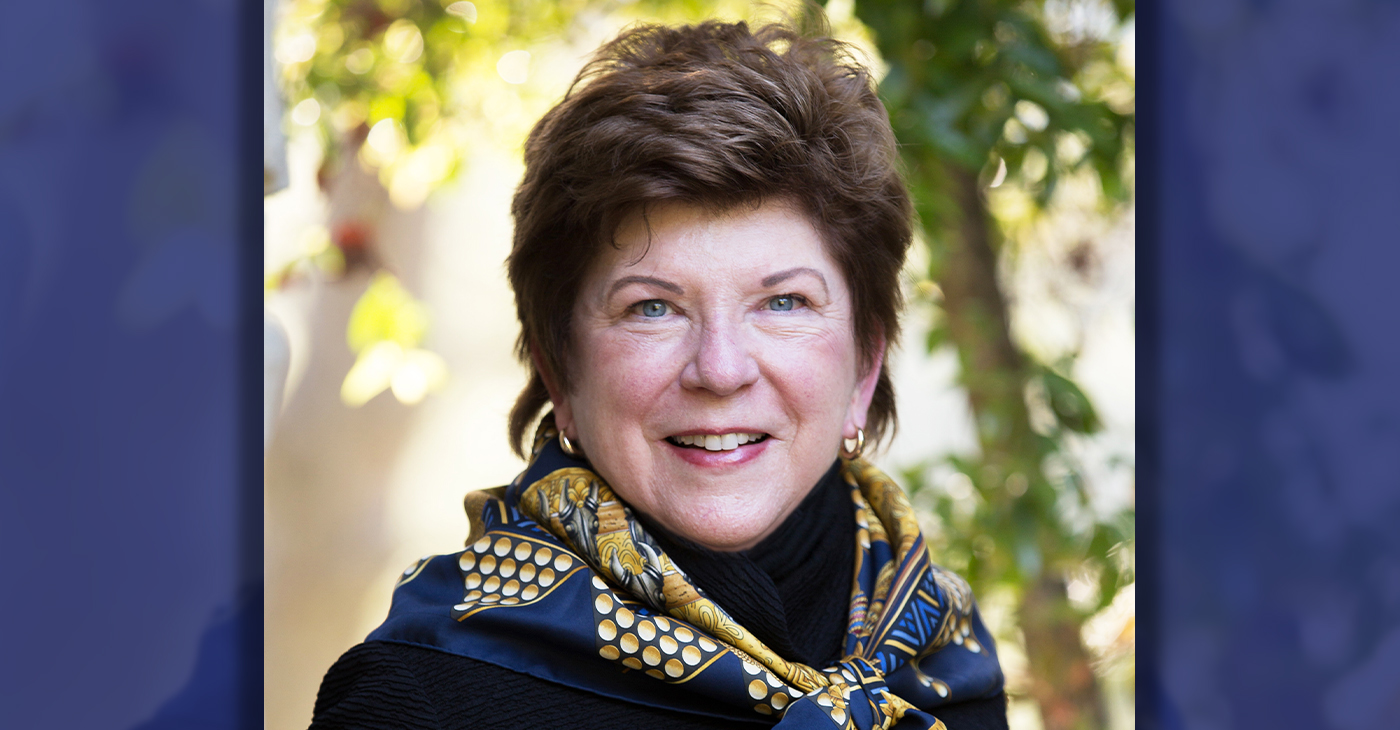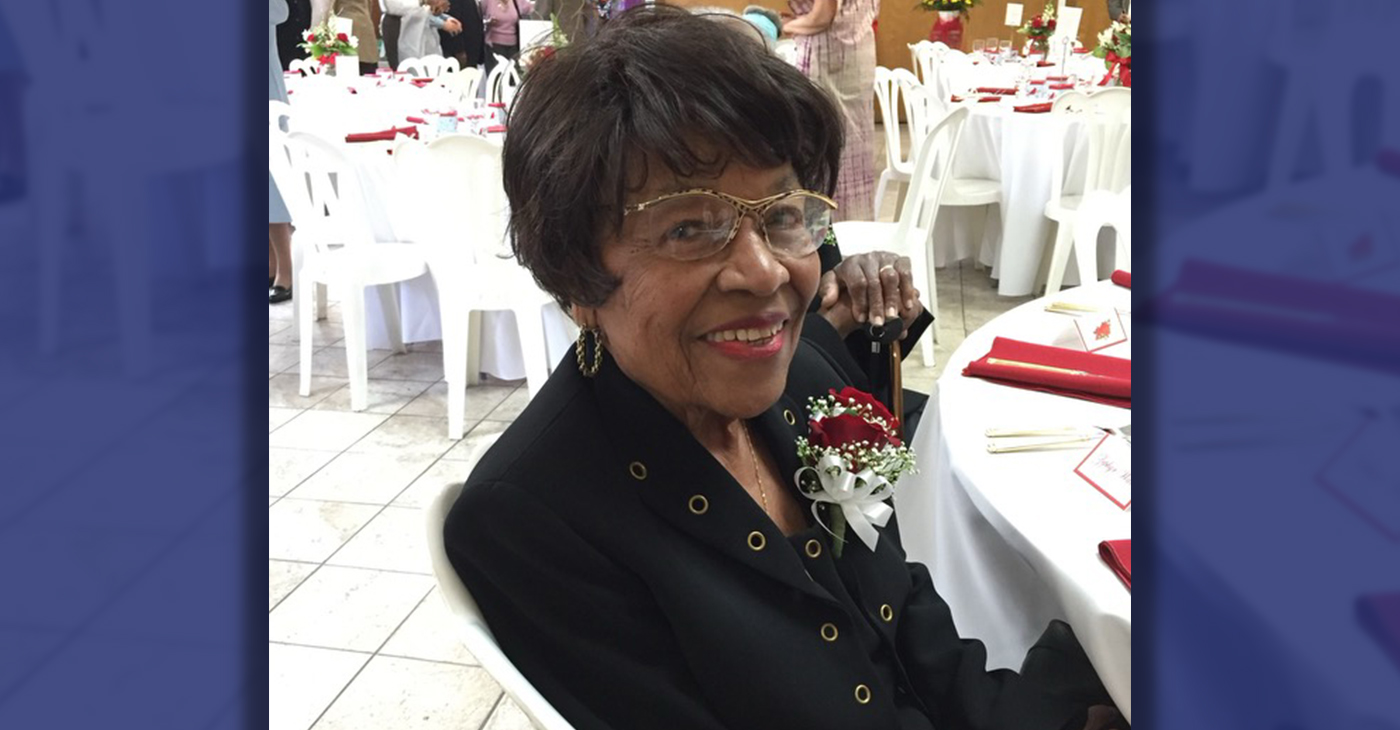Bay Area
IN MEMORIAM: Honoring Henry Fuhrmann, Self-described “Hyphen Killer.”
Henry Fuhrmann was an Asian American son of a German Danish Navy corpsman and a Japanese mother, born on a U.S. hospital ship in Japan. He probably saw hyphens all his life and knew why they should be eliminated.

By Emil Guillermo
Are you African American? Or African-American?
Filipino American? Or a Filipino-American?
Asian American? Or Asian-American?
What’s the difference?
That line between words. You either like it, or you despise it. Henry Fuhrmann despised it.
It might as well have been a royal scepter.
This week, when most of the world was still thinking about Queen Elizabeth II, I was thinking about Henry.
Perhaps you could tell, I wasn’t much for the media’s hagiography. Since her death, I took to criticizing the repressive colonial misdeeds of the British Empire to balance out the steady stream of adulation.
When you hear someone say ‘queen,’ remember Kenya. Or Kowloon. Or Burma.
I wouldn’t have bothered to watch the funeral. But then my friend Henry died last week from esophageal cancer. He was just 65. And that put me in a somber mood.
I mean, what did the queen ever do for us? Compared to her, Henry was a king. Or deserved to be.
Henry Fuhrmann liberated us from our hyphens. I will use none here.
Henry was an Asian American son of a German Danish Navy corpsman and a Japanese mother, born on a U.S. hospital ship in Japan. He probably saw hyphens all his life and knew why they should be eliminated.
But deleting the hyphen would take more than a keystroke.
Henry was a copy editor who retired in 2015 as an assistant managing editor at the Los Angeles Times. An Asian American Journalist Association buddy of mine, we’d see each other at professional events, and re-tweet each other from afar.
Henry’s passion was that demon hyphen. He wanted to expose it for what it was and get rid of its use. In that simple dash, the parallel line that posed as a connector, Henry saw a dividing line, an “othering” tool that did us more harm than good.
“Asian-American?”
Uh, no. Nope, Henry said. Just write Asian American. Or Filipino American. Or Mexican American. Or African American.
The hyphen was a grammatical prosthetic that didn’t help matters. It made us less than.
Henry made his case professionally to journalism’s high court of wordsmithing, the keepers of the Associated Press Style book, known as AP Style.
In an essay Henry wrote in 2018 he cited the Oakland writer Maxine Hong Kingston, who expressed how she felt being called ‘Chinese-American’ in her 1982 piece “Cultural Mis-Readings by American Reviewers.”
“I have been thinking that we ought to leave out the hyphen in ‘Chinese-American,’ because the hyphen gives the word on either side equal weight, as if linking two nouns,” wrote Hong Kingston. “Without the hyphen, ‘Chinese’ is an adjective and ‘American’ a noun; a Chinese American is a type of American.”
Wouldn’t that be better?
From that, Henry attacked the hyphen and pushed for change.
A year later, AP eliminated the hyphen in Asian American, and mentioned Henry’s essay as a driving force. In 2021, the New York Times changed its usage.
Since media organizations can adopt their own style books, you’ll still see the hyphen used. And you’ll still see ‘black’ uncapitalized. But you surely won’t see “oriental.” It’s used to describe rugs. Just not people.
Normally, editors act as conservative gatekeepers of so-called standards. They’re not my favorite people. Unless they’re like Henry. Freedom fighters for a changing language in a changing world.
It’s always a matter of clarity.
Were Japanese Americans placed in internment camps? Was what happened to them “internment” or were they more truthfully incarcerated?
More and more are saying the truth — incarceration. That was Henry’s influence on the AP Stylebook as well.
It shouldn’t be so hard to tell the truth in mainstream journalism. But look at how big-time journalists pull their punches in calling Trump a liar. Or a racist. Or a fascist. Did you see his rally in Ohio? The facts are there.
Or look how cautious people are about calling Florida Gov. Ron DeSantis a racist for his inhumane and possibly illegal relocating of migrants to Martha’s Vineyard.
That’s why I mourn Henry’s passing. He was against editing the truth.
He’s the reason you are an African American. Not an African-American.
And I am a Filipino American.
We deleted that line, the dash, the minus sign, and became whole. At least in print.
If words matter, if the truth matters, then remember Henry Fuhrmann, the ‘word nerd’ who unchained all people of color from the hyphen and liberated us all.
Emil Guillermo is a veteran journalist and commentator. See him at www.amok.com
Alameda County
Board of Supervisors Accepts Certification of Signatures, Will Schedule Recall Election May 14
The Alameda Board of Supervisors unanimously accepted the certification of the results of the valid signatures submitted for the recall of District Attorney Pamela Price on Tuesday evening. The Board will set the election date at a special meeting on May 14. Before the meeting, recall proponents and opponents held separate press conferences to plead their cases to the Board and residents of Alameda County.

By Magaly Muñoz
The Alameda Board of Supervisors unanimously accepted the certification of the results of the valid signatures submitted for the recall of District Attorney Pamela Price on Tuesday evening. The Board will set the election date at a special meeting on May 14.
Before the meeting, recall proponents and opponents held separate press conferences to plead their cases to the Board and residents of Alameda County.
Price, who up until this point has made little public comment about the recall, held her press conference in Jack London to announce that the California Fair Political Practices Commission has opened an investigation into the finances of the Save Alameda For Everyone (SAFE) recall campaign.
The political action committee (PAC), Reviving the Bay Area, has been the largest contributor to the SAFE organization and has allegedly donated over half a million dollars to the recall efforts.
“Between September 2023 and November 2023, [Revive the Bay Area] donated approximately $578,000 to SAFE without complying with the laws that govern all political committees in California,” Price said.
Price accused the recall campaigns of using irregular signature-gathering processes, such as paying gatherers per signature, and using misleading information to get people to sign their petitions.
SAFE held their own press conference outside of the Alameda County Administration Building at 1221 Oak St. in Oakland, once again calling for the Board to certify their signatures and set a date for the recall election.
Their press conference turned contentious quickly as Price’s “Protect the Win” supporters attempted to yell over the SAFE staff and volunteers. “Stop scapegoating Price” and “Recall Price” chants went on for several moments at a time during this event.
Families of victims urged the Board to think of their loved ones whose lives are worth much more than the millions of dollars that many opponents of the recall say is too much to spend on a special election.
The Registrar of Voters (ROV) estimates the special election could cost anywhere from $15 to $20 million, an amount that is not in their budget.
The Board was presented with several options on when and how to conduct the recall election. They have to set a date no less than 88 days or more than 125 days after May 14, meaning the date could fall anywhere from late July to September.
But the County charter also states that if a general election takes place within 180 days of their scheduling deadline, the Board could choose to use the November ballot as a way to consolidate the two events.
In the event that Price is recalled, the Supervisors would appoint someone to fill the vacancy, though neither the County nor the California charter specifies how long they would have to pick a replacement.
The appointee would serve as district attorney spot until the next election in 2026. Afterwards, either they, if they run and win, or a newly elected candidate would serve the rest of Price’s six-year term until 2029. Price is unique as the only district attorney wo serves a term of six years.
The Board acknowledged that they knew last fall that this recall would come with its own set of complications when Measure B, which changed the local recall charter to match California’s, was first brought to their consideration.
Supervisors Nate Miley and David Haubert opposed discussing the measure, stating that the public would think that the Board was attempting to influence the recall campaign that had already taken off months prior.
“I think ultimately this feels like it’s going to end up in court, one way or the other, depending on who files what,” Haubert said.
Price’s legal team told the Post that the district attorney intended to consider all legal options should the recall election take place.
Miley stated that while he was in support of the amendment to the charter, he did not think it was right to schedule it for the March ballot as it would ultimately cause confusion for everyone involved.
“It has produced some legal entanglements that I think, potentially, could’ve been avoided,” Miley said.
Bay Area
Obituary: Former California Education Superintendent Delaine Eastin Passes at 76
Delaine Eastin, who served as a former state Assemblymember representing parts of Santa Clara and Alameda County — and the first woman elected as State Superintendent of Public Instruction — died at age 76 on April 23. Eastin passed away from complications caused by a stroke.

By California Black Media
Delaine Eastin, who served as a former state Assemblymember representing parts of Santa Clara and Alameda County — and the first woman elected as State Superintendent of Public Instruction — died at age 76 on April 23.
Eastin passed away from complications caused by a stroke.
Known for her power of persuasion, Eastin used her influence to be a champion for bipartisan issues that helped raise academic standards, lower class sizes, and emphasize the importance of conserving nature and the environment in schools.
Former Assembly Speaker Willie Brown and fellow legislative colleagues said that Eastin was in demand on the speech circuit while serving as a legislator.
“Few could engender the kind of emotion and passion she delivered in every speech,” Brown said.
State superintendent Tony Thurmond called Eastin a trailblazer who inspired fellow public servants.
“California lost an icon in our school system today. Delaine Eastin’s legacy as a trailblazer in public education will forever inspire us. Her unwavering dedication to California students — from championing Universal Preschool and the “A Garden in Every School” program to honoring our educators by establishing the California Teachers of the Year Awards — has left an indelible mark on our state’s educational landscape,” said Thurmond.
Thurmond honored Eastin’s legacy at the California Teacher of the Year Program, an honor that she established during her time as superintendent.
Bay Area
Zefer O’Neal Ward, 105
Zefer O’Neal Ward transitioned from this life on Feb. 19. She was 105 years old. A native of Pine Bluff, Arkansas, Zefer was the sixth of George and Zora O’Neal’s 14 children. Her joy of singing began at home at the tender age of 4 by being placed on a table and being asked to sing a song. By age 13, she was a member and directress of the youth choir at St. Paul Baptist Church. Zefer attended Merrill High School and Arkansas State College in Pine Bluff, Arkansas.

By Post Staff
Zefer O’Neal Ward transitioned from this life on Feb. 19. She was 105 years old. A native of Pine Bluff, Arkansas, Zefer was the sixth of George and Zora O’Neal’s 14 children. Her joy of singing began at home at the tender age of 4 by being placed on a table and being asked to sing a song. By age 13, she was a member and directress of the youth choir at St. Paul Baptist Church. Zefer attended Merrill High School and Arkansas State College in Pine Bluff, Arkansas.
In 1945, Zefer made her home in Oakland, California, where she established deep roots. It was in 1950 that she married the late William “Bill” Ward. That same year, she joined Downs Memorial Methodist Church under the esteemed leadership of Rev. Roy C. Nichols, where her angelic voice soon became a cornerstone of the church’s 8:30 a.m. worship service.
She went on to lend her voice and talents to various choirs in the church including the gospel choir and the formulation of the children’s choir under the guidance of the late Rev. Amos Cambric Jr.
Zefer’s gift of song extended far beyond the walls of her church. For decades, she brought solace and inspiration to countless souls through her performances at funerals, weddings, concerts, conventions and church programs throughout the Bay Area.
Her unparalleled artistry even graced the ears of the late Robert F. Kennedy during a performance at the University of California, Berkeley. To quote her, “I have been involved with singing all my life. Singing is a joy for me. Every time I sing, I pray that I will bring joy to someone. I know that the Lord has used me to touch and bless someone … singing is my life, my joy.”
Surviving Zefer are her two children; Norma Ward-Sledge, CEO and co-founder of Progressive Transitions, Inc. a program in Oakland that has become a beacon of hope for women and families affected by domestic violence and human trafficking; and William Wilson, of Raleigh, North Carolina, a retired business owner. She also leaves behind her sister Minnie O’Neal of Dupont, Washington, two grandsons both of Raleigh, North Carolina and a host of nieces and nephews.
In lieu of flowers, the family kindly requests contributions be made to Progressive Transitions, Inc., an organization that Zefer passionately supported.
There will be a “Memorial Tribute to Zefer” at 11 a.m. on Saturday, June 1 at Downs Memorial United Methodist Church, 6026 Idaho St. in Oakland.
A follow-up event, “Celebrating the Legacy of Lady Z,” will be held on June 22 at Z Café, 2735 Broadway Oakland at 2 p.m.
Please RSVP for this event via text or call (510) 917-0666.
-

 Community2 weeks ago
Community2 weeks agoFinancial Assistance Bill for Descendants of Enslaved Persons to Help Them Purchase, Own, or Maintain a Home
-

 Activism4 weeks ago
Activism4 weeks agoOakland Post: Week of April 3 – 6, 2024
-

 Business3 weeks ago
Business3 weeks agoV.P. Kamala Harris: Americans With Criminal Records Will Soon Be Eligible for SBA Loans
-

 Activism3 weeks ago
Activism3 weeks agoOakland Post: Week of April 10 – 16, 2024
-

 Community3 weeks ago
Community3 weeks agoAG Bonta Says Oakland School Leaders Should Comply with State Laws to Avoid ‘Disparate Harm’ When Closing or Merging Schools
-

 Community2 weeks ago
Community2 weeks agoOakland WNBA Player to be Inducted Into Hall of Fame
-

 Community2 weeks ago
Community2 weeks agoRichmond Nonprofit Helps Ex-Felons Get Back on Their Feet
-

 Community2 weeks ago
Community2 weeks agoRPAL to Rename Technology Center for Retired Police Captain Arthur Lee Johnson




















































